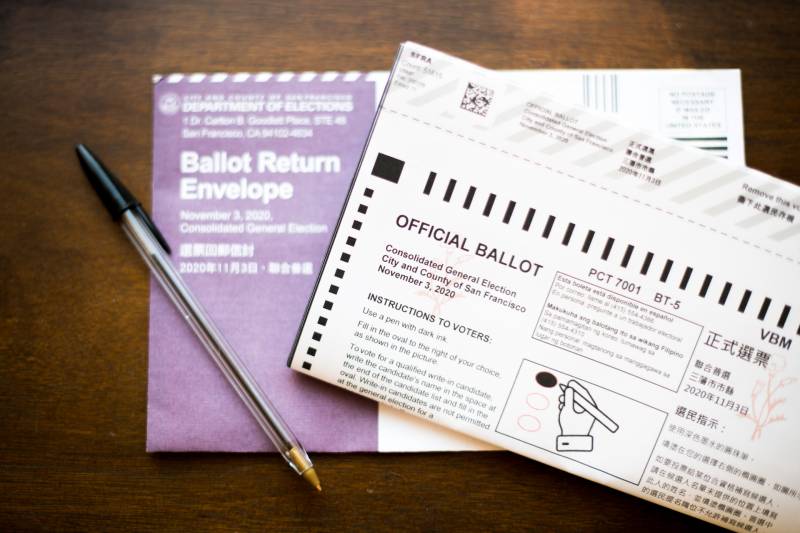Update 7:35 p.m. Wednesday: An attorney for the California Republican Party sent a letter Wednesday afternoon California to Secretary of State Alex Padilla and Attorney General Xavier Becerra asserting that the party’s ballot drop boxes are perfectly legal under the election laws enacted by Democrats in the state Legislature. The GOP letter says the party has no intention of removing the boxes as the state has ordered.
Original post, 12:30 p.m. Wednesday: The political battle over the California Republican Party’s installation of unofficial vote-by-mail ballot drop boxes escalated on Wednesday, with Democratic congressional candidates crying foul over the practice, a day after President Trump encouraged the GOP to “fight hard” in court.
California Attorney General Xavier Becerra is threatening legal action against the state Republican Party and a handful of county GOP organizations for setting up private ballot collection boxes in some of the state’s most closely contested congressional districts — and labeling some as “official.” It’s the latest legal scuffle between California and its Republican Party over the state’s vote-by-mail rules, leading up to an election in which every Golden State voter has been mailed a ballot.
In response to the expected increase in the number of people voting by mail this year, county election officials have set up thousands of official ballot drop boxes across the state. Here’s how to find drop-off locations near you.

